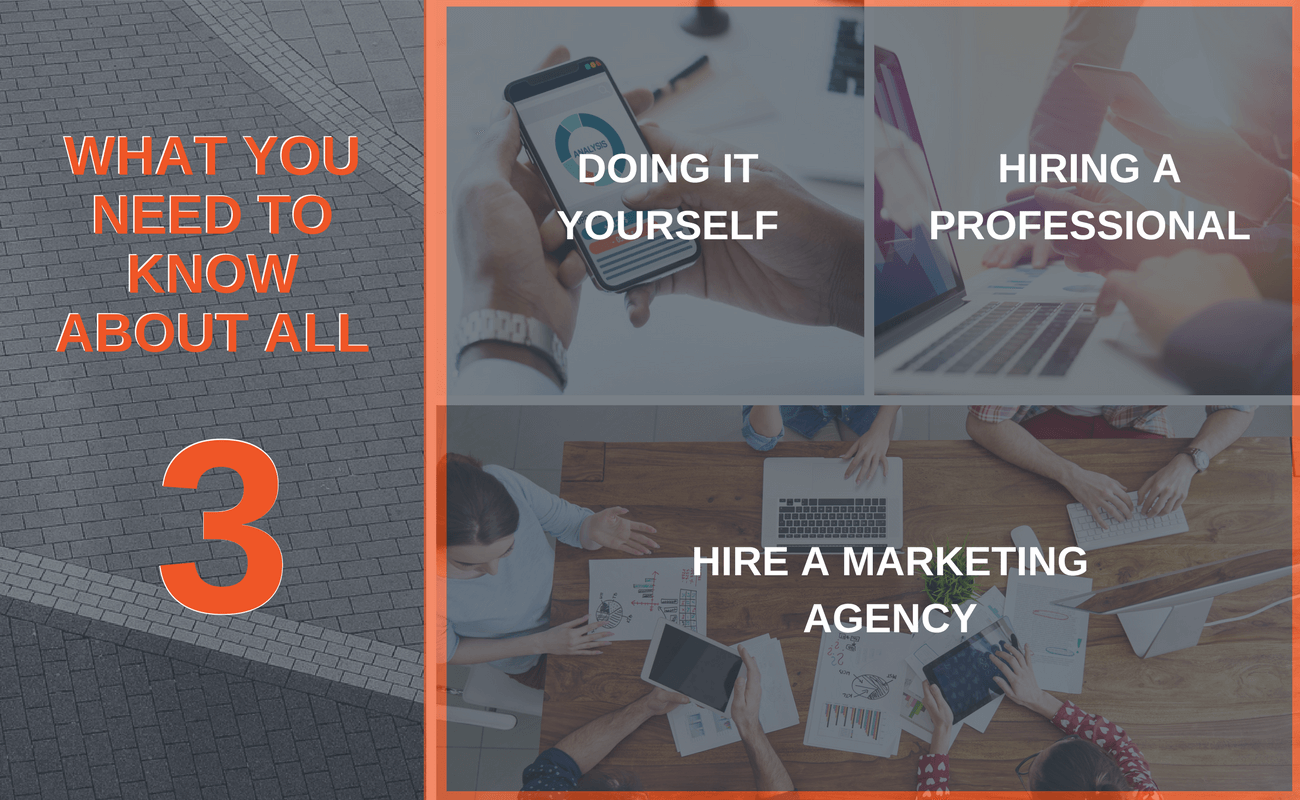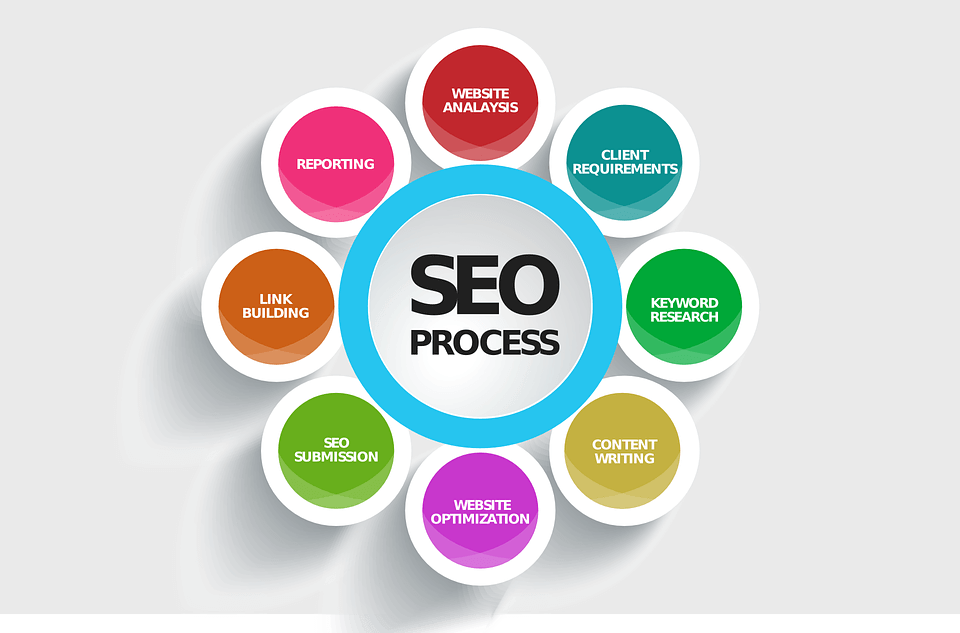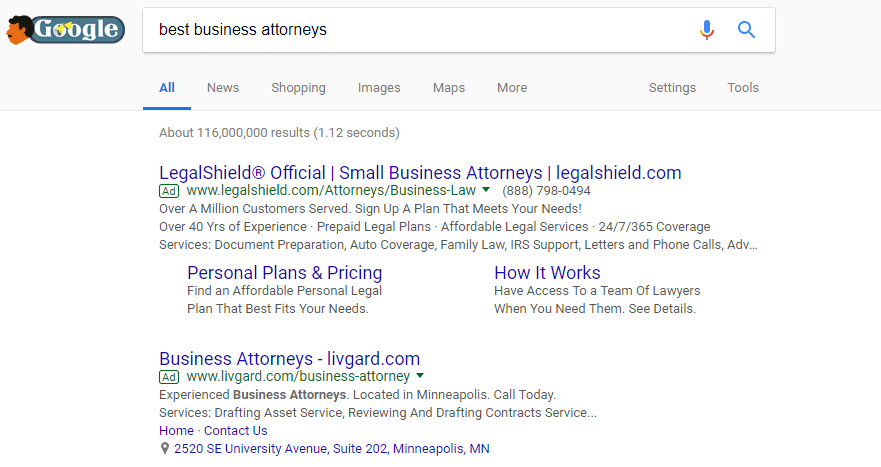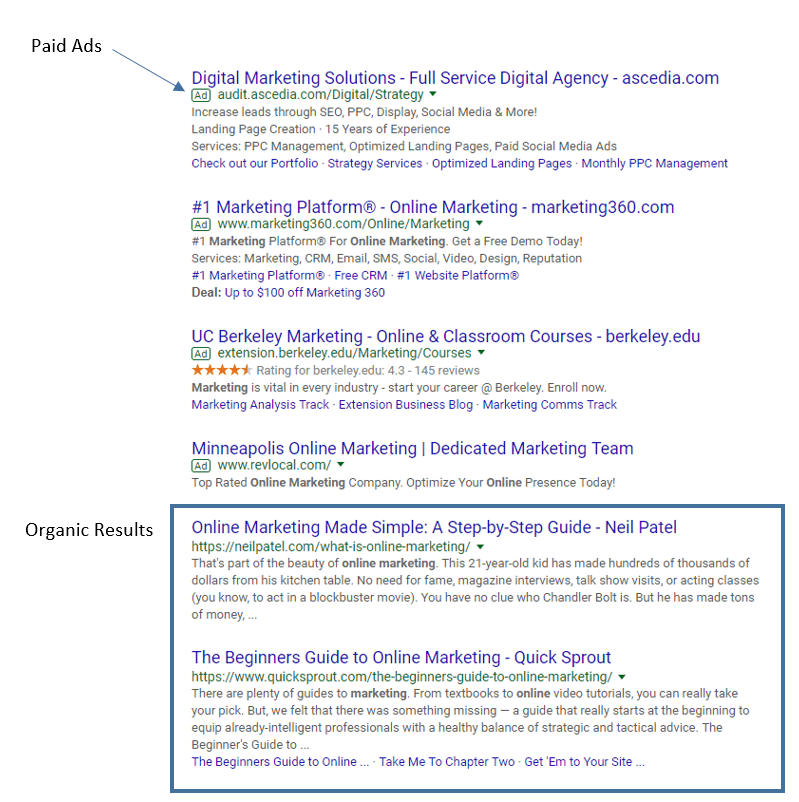In today’s marketplace, how you promote your business to the world is crucial. Where does one even start? There are a few different options on how to achieve a successfully marketed business – doing it yourself with the help of services like HubSpot or Hootsuite, hiring a single marketing professional to sit in-house, or hiring a marketing agency. How does one decide? What’s best for the business? Here’s a look into each of these options:
Doing it yourself:
Pro: This is the cheapest option – but without time or professional training in marketing this can quickly shift from a cost effective route to an expensive route. Running social media accounts and doing email marketing for small businesses is realistic, and having some presence is better than having no presence at all.
Con: They say time is money, when one spends time trying to market a business rather than recruiting or selling, then time isn’t being spent efficiently or within one’s wheel house. Taking on marketing while trying to juggle the rest of the work load will only lead to something falling through the cracks or not getting the attention it deserves.
Related Post: Top 5 Questions Business Owners Have About Digital Marketing ➢
Hiring a Marketing Professional:
Pro: Recent college graduates are a cost effective way of taking marketing in-house. Young, eager to work, and hungry, these young professionals bring enthusiasm and energy to your business. In-house marketers allow for streamlined processes and development of strategy along with having that “go-to” person on staff.
Con: Having a single staff member in-house handling marketing duties usually means a sacrifice in certain skill sets. An ideal marketing team is well versed in social media, Search Engine Optimization (SEO), pay per click, email marketing, and writing. It’s difficult to find a person that is an expert in all these areas, and under most circumstances it’s far too much to ask of one individual to be the expert in all of these things. The workload could quickly overwhelm an employee leading to a high turnover rate.
Hire a Marketing Agency:
Pro: The right agency acts as a partner and has your company’s business objectives in mind. Working together as a team, the agency and your business can see results. An agency gives you access to all the facets of marketing needed in today’s competitive environment, from social media strategy and implementation to SEO and email marketing, an agency has a team waiting to work with businesses.
Con: Working with an agency could be more expensive than hiring one employee. An agency typically has a fewer number of hours to spend on your account when compared to hiring one employee or even doing it yourself in some cases. However, these fewer hours are spent more efficiently and with the proper topic expert, which you can’t guarantee with the other two solutions.
Related Post: 4 Ways to Build an Effective Relationship With Your Marketing Agency ➢
Which is right for you?
There is no one-size-fits-all solution. Every business has different needs that warrant a different solution. Hiring an agency is a low-risk solution that alleviates the cons of going at it alone or hiring an in-house employee while providing all the benefits such as a team with diverse knowledge on all of today’s online marketing channels.



 White Hat techniques target human audiences rather than simply search engines.
White Hat techniques target human audiences rather than simply search engines.






